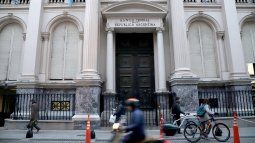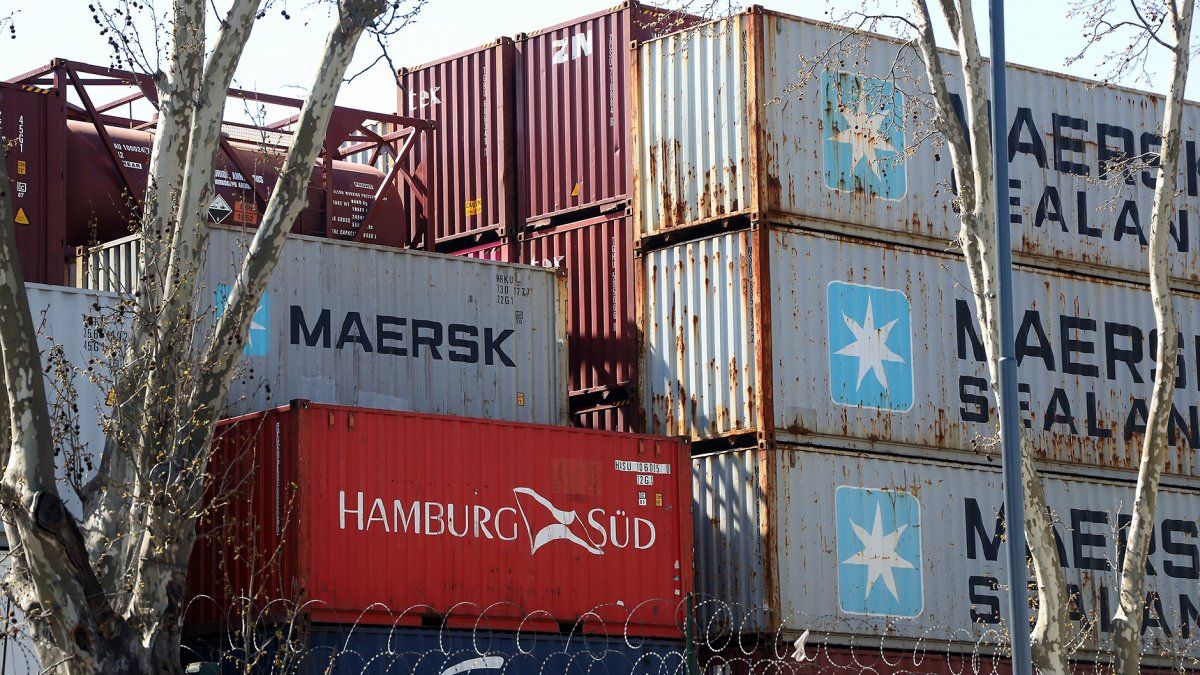It is the equation in the first half of the year, according to a private analysis. If the BCRA had wanted to maintain its reserves, imports would have had to decrease by US$10,869 million.
According to the structure of Argentine foreign trade, more than 75% of the country’s imports are goods that are used for production, which implies that a contraction of these is synonymous with less economic activity. It may be that a drop in production causes less demand or that, conversely, with a lower supply of dollars, less imports will have to be made and that could trigger a recession. Argentina is trying to avoid the second scenario.
The content you want to access is exclusive to subscribers.
According to Nadín Argañaraz, director of the Argentine Institute of Fiscal Analysis (IARAF), in the first half of 2023, for every dollar lost in exports due to the drought, imports decreased by 32 cents.


The economist estimated in a report that, If the Central Bank had wanted to maintain its reserves, foreign purchases this year would have had to drop by 26% (US$10,869 million).. With this, the trade balance would have been a surplus of US$2.9 billion, the same as in the first half of 2022.
“In a country without credit, the conflict of objectives is clear: more availability of inputs and intermediate goods for production or more dollars in reserves,” says Argañaraz.
Last year, exports totaled some US$44,377 million and imports US$41,284 million, while this year it is US$33,509 million and US$37,897 million, respectively. The loss of sales was US$10,869 million, while the drop in purchases was US$3,405 million, which marks the ratio of 0.32 to 1. The Argañaraz study highlights that in terms of quantities, imports in the first semester barely fell 5.5%. In other words, the Government sought to avoid a pronounced collapse in activitybut the cost was losing international reserves.
When the officials of the Ministry of Economy are asked how the problem of the lack of reserves can be solved, they answer that “exporting more”. And reality indicates that it is so. The sharp drop in exports suffered by the economy due to the drought had a devastating effect.
Gabriel Caamanofrom the consultancy Ledesma, pointed out to Ambit that the Government has been managing the dollars for imports since the arrival of Sergio Massa to the Ministry of Economy. “When they arrived, they launched the new SIRA system and the activity in the second semester fell. They launched soybean 1 in September and soybean 2 in December, thus gathering reserves. Then in the first quarter of this year they loosened up a bit and there was a rebound in activity and then in the second quarter they had to restrict again,” he explained. Caamaño considers that it is a system of “quantitative restrictions”, or in other words, “they are rationing” the available dollars.
Source: Ambito




